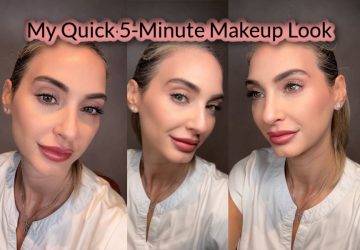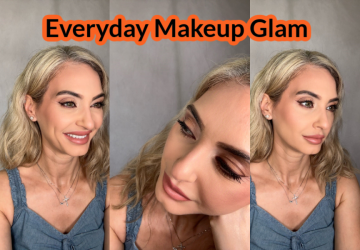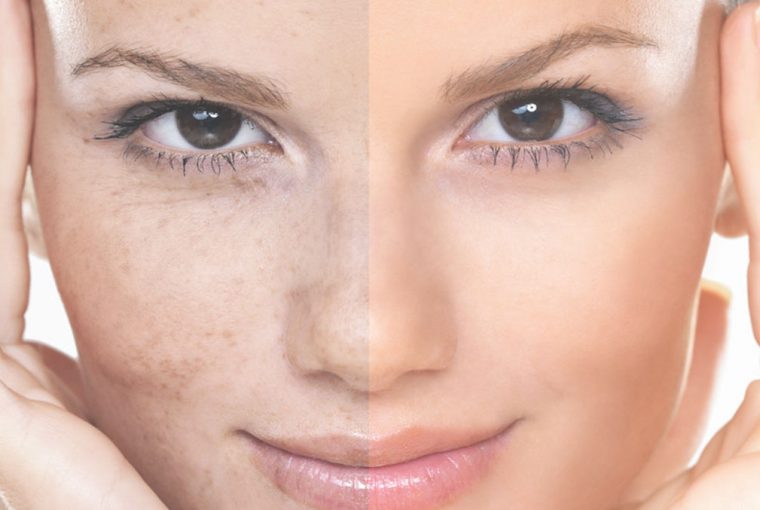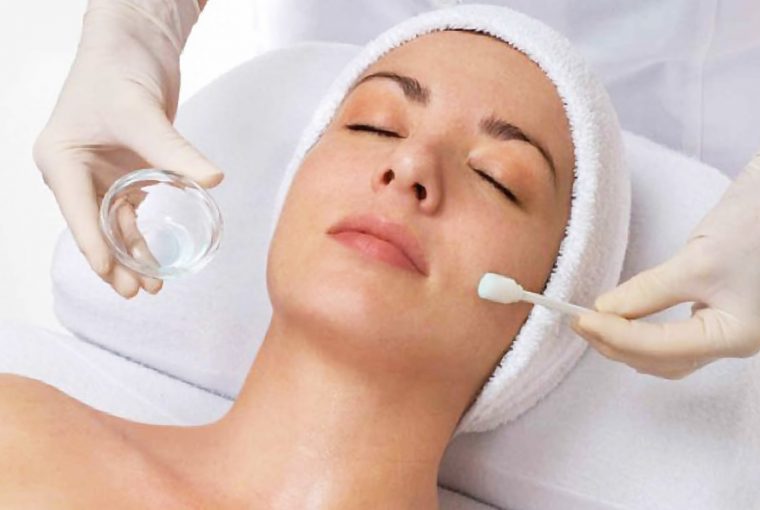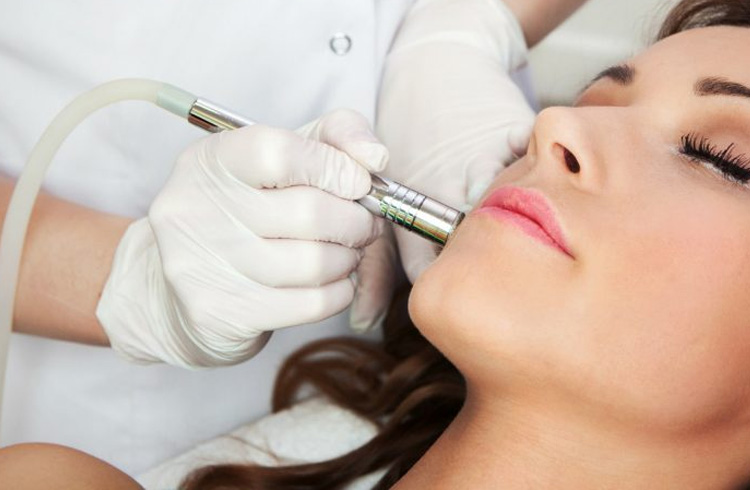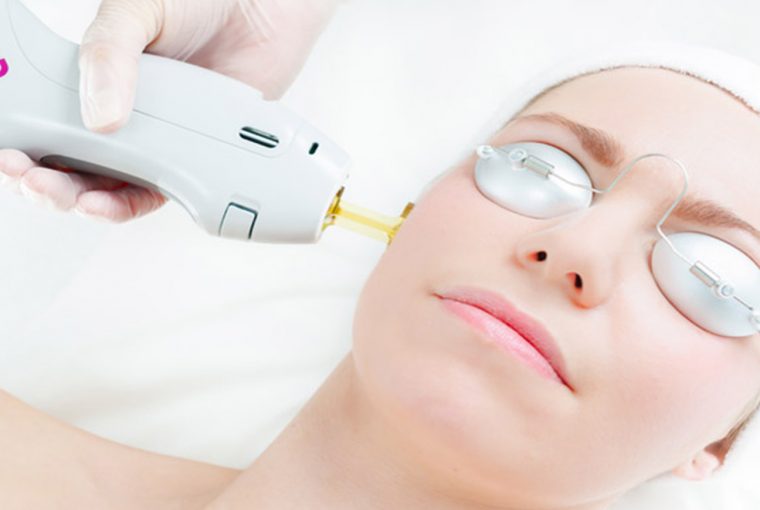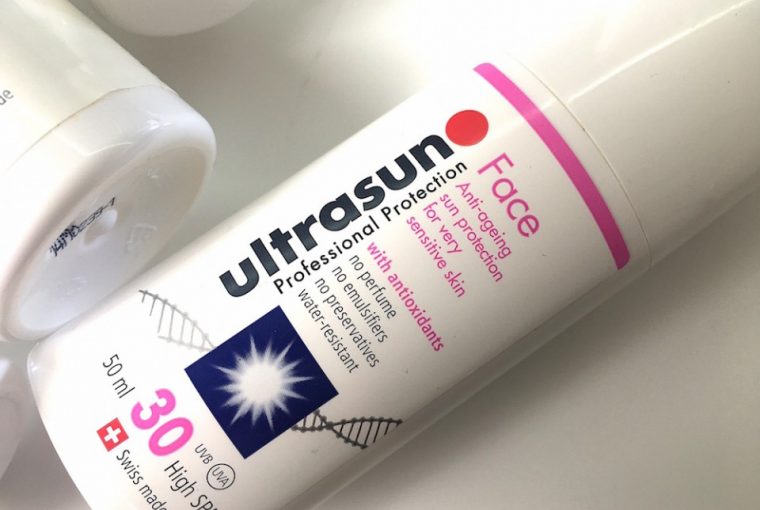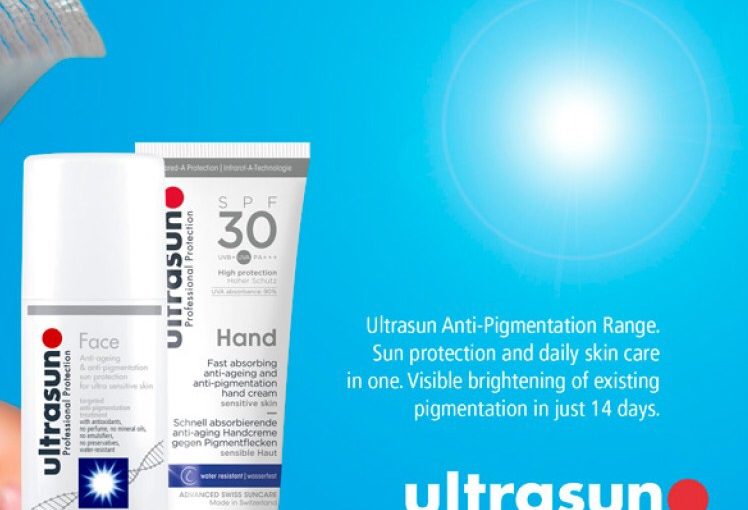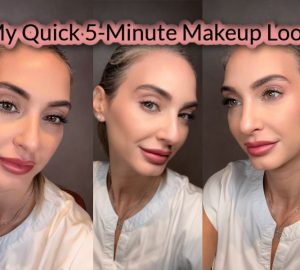There are plenty of options these days with skin pigmentation treatments. It is important before deciding what treatment to start, to understand what kind of pigmentation you have. To give you a helping hand, see my other article which looks at the different types of skin pigmentation: https://www.secretsinbeauty.com/what-is-skin-pigmentation/
If this is difficult then please go and visit a professional and in my opinion, it is best to make an appointment with a reputable dermatologist. A dermatologist will be able to analyse your skin and suggest appropriate therapies to even out the skin tone and lighten or darken the spots.
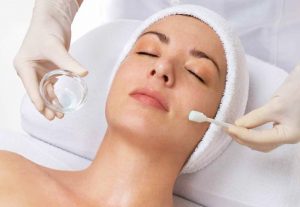
Clinical Treatments Popularly Recommended
Chemical Peels – this is typically used for the treatment of hyperpigmentation disorders. A solution composed of a single or a mixture of different acids that are skin safe and applied to the face or face & neck. The top dark and dull layers of the skin are exfoliated and gently dissolve away. Depending on the level of pigmentation and the individual, the depth of the peel is selected. Mild, medium, and deep peels are available at cosmetic clinics to treat different pigmentary concerns. Do not do chemical peels in the summer, when pregnant or before you plan to go on holiday somewhere hot.
Dermabrasion – this is a very gentle way of clearing the skin. This type of treatment generally best suited for those with fair skin. The pigmented skin is removed by exfoliating using a rotating instrument to remove the outer layers of skin. After the treatment, the skin heals naturally and the pigmented areas are replaced by fresh, healthy skin. Dermabrasion is fine during pregnancy.
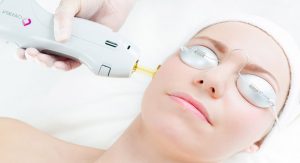
Laser Therapy – A high-energy light beam is targeted on the affected skin to efficiently and precisely treat the skin. There are various levels of light therapies and they all have their associated costs. The way the laser works is by penetrating into the deeper layers of the skin. Both hyperpigmentation and hypopigmentation (loss of skin colour) can be treated with laser therapy. Laser Therapy should not be done when pregnant.
If you are going to try any of the clinical treatments, please do your research and go to a reputable medical centre or Dermatologist. If not administered correctly, these treatments can cause as much damage as they can rectify the problem.
At Home Options
Retinol and vitamin C are two of the best ingredients for fading dark spots.
For sun spots – topical retinoids and salicylic acid can thin them down but won’t remove them completely.
For liver spots – some fading can be achieved with retinoids (vitamin A) based products but laser therapy for this case is better.
For melasma – topical retinoids can help soften and lighten melasma. Melasma can be also be lightened using safe and effective skin products with hydroquinone. Hydroquinone has established itself as the most effective ingredient for potentially fading uneven skin tone, brown or dark spots and lightening skin.
Other ingredients that work – Kojic acid, which is a fungus derivative, also acts like Hydroquinone. Azelaic acid was developed to treat acne, but it is also effective when dealing with hyperpigmentation. Mandelic acid is derived from almonds, and can be used for all kinds of hyperpigmentation.
Out of the above, only vitamin C and AHAs like Glycolic acid are deemed safe during pregnancy. Some Doctors are ok with prescribing a little topical Azelaic acid for acne when pregnant but only after the first trimester. Please discuss with your Doctor.
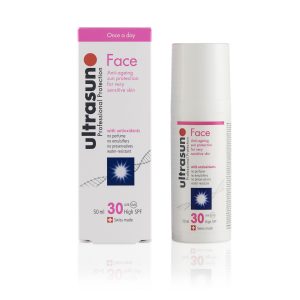
How to Manage Pigmentation
This information is for all of us including anyone like me currently pregnant:
Sunscreen is a MUST! One of the most common treatments for pigmentation is sun protection. Sunlight triggers pigmentation and excess melanin production, it is important to wear sunscreen daily, even on cloudy days and especially after swimming or sweating. I use sun protection on my face 365 days of the year no matter the weather. The brand which I trust with my skin time and time again is Ultrasun.
During the winter, I will use their Anti-Ageing Sun Protection Factor 30 for the Face. In the summer months which in Cyprus is 9 months of the year, I use the Ultrasun Anti-Ageing & Anti-Pigmentation SPF 50+ for my face and the SPF 30 hand cream in the same range. As a brand, Ultrasun offer a clinically proven once a day formula which delivers high UVA & UVB protection and gives me complete piece of mind.
Be mindful in the sun – wherever possible, try and stay in the shade and wear sun protective gear such as sunglasses and hats.
Be gentle with your skin in the summer – the summer is not the time to start a more aggressive skincare regime. Skincare products which irritate the skin tend to worsen the appearance of pigmentation. During the summer, keep it simple!
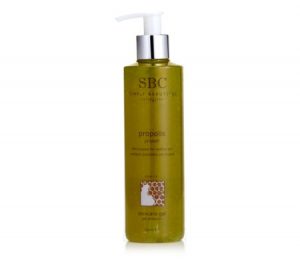
Be careful with hair removal – hair removal can lead to hyperpigmentation. Threading or even shaving does not cause hyperpigmentation. When you remove the hair from the root or expose the root to harsh chemicals, chances are that it will cause an inflammatory response. If you choose to tweeze, wax or use depilatory creams, use mild skin products till your skin heals and goes back to normal. After any hair removal, I use SBC Propolis Skincare Gel. Propolis extract is ideal for sensitive areas, blemishes, sore skin, relief for skin irritation and after hair removal.
Take proper care of your skin and try to avoid conditions which can lead to skin problems like hyperpigmentation. Remember to focus on prevention but be assured, if you have any type of skin pigmentation, there are always options!
If you have any questions, please ask in the comments section below or send me a message.

